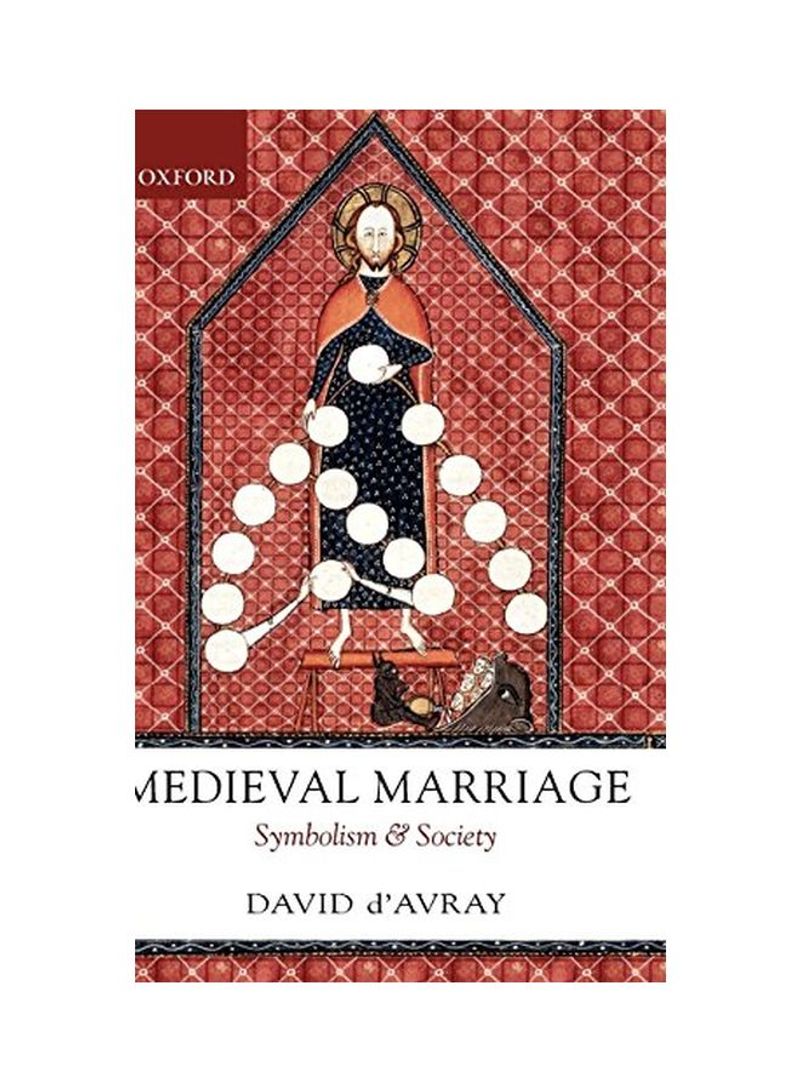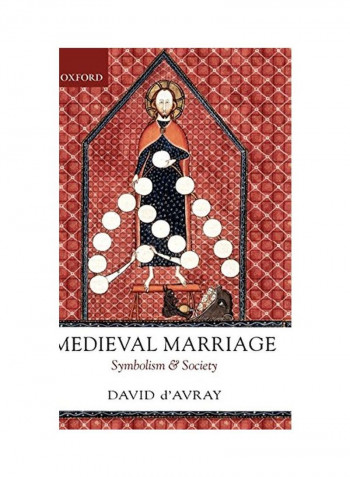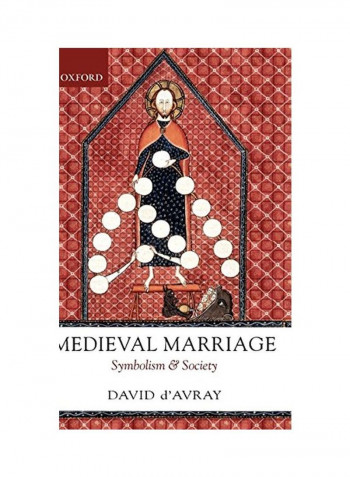Medieval Marriage : Symbolism And Society Hardcover
Recommend
Sort by
Rating
Date
Specifications
Author 1
David D'Avray
Book Description
This study shows how marriage symbolism emerged from the world of texts to become a social force affecting ordinary people. It covers the whole medieval period but identifies the decades around 1200 as decisive. New arguments for regarding preaching as a mass medium from the thirteenth century are presented, building on the author's Medieval Marriage Sermons. In marriage preaching symbolism was central. Marriage symbolism also became a social force through law, and lay behind the combination of monogamy and indissolubility which made the medieval Church's marriage system a unique development in world history. Symbolism is not presented as an explanation on its own: it interacted with other causal factors, notably the eleventh-century Gregorian Reform's drive for celibacy, which made the higher clergy like a third gender and less sympathetic to patriarchal polygamous tendencies. Sexual intercourse as a symbol of Christ's union with the Church became central, not just in mysticism but in society as structured by Church law. Symbolism also explains apparently bizarre rules, such as the exemption from capital punishment of clerics in minor orders provided that they married a virgin not a widow. The rules about blessing second marriages are also connected with this nexus of thought. The book is based on a wide range of manuscript sources: sermons, canon law commentaries, Apostolic Penitentiary registers, papal bulls, a gaol delivery roll, and pastoral handbooks. The collection of documents at the end of the book expands the source base for the history of medieval marriage generally as well as underpinning the thesis about symbolism
ISBN-13
9780198208211
Language
English
Publisher
Oxford University Press
Publication Date
18 Aug 05
Number of Pages
334
Editorial Review
[an] impressive study * Journal of Ecclesiastical History, Volume 57/3 * [d'Avray's] arguments on specific points are entirely convincing. He knows this material better than anyone, and he has taken care to set it out so that the reader can evaluate the argument. The appendix of documents, eighty pages of newly edited material from sermons, canon law quaestiones, letters and court cases is very valuable ... Anyone with a serious interest in medieval marriage, or medieval sermon studies, or indeed the transmission of knowledge in the Middle Ages, will need to read it. * Ruth Mazo Karras, Reviews in History *



